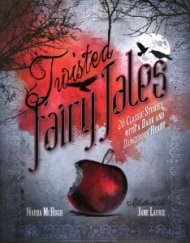 By Dennis Abrams
By Dennis Abrams
As Joan Didion once famously wrote, “We tell ourselves stories in order to live.” And among the most famous of those stories are the classic fairy tales of Grimm, Perrault and others, stories that when we’re young help us to make sense of the world, and when we’re older, remind us of what it’s like to be young and trying to making sense of the world.
And for those who prefer their fairy tales on the dark side, more Grimm (and grim) let’s say than Disney, I’d like to point you in the direction of Maura McHugh’s wonderful collection, (Barrons). With wonderfully gothic (and goth) illustrations by Jane Laurie, McHugh’s fascinatingly dark, feminist and yes, twisted versions of fairy tales I thought I knew kept me awake and turning pages late into the night.
Consider this, for example, from “Snow White”:
Suddenly determined, Annabel picked up the silver comb from her dressing table and stabbed it into the heel of her palm. A row of ruby blood beads emerged on her white skin.
She flung the offering onto the mirror’s surface and lifted the mirror with her aching hand. She could feel the rustling of the flowers in the handle and the quiet murmur of voices from those that dwelled within. Then she uttered:
‘Mirror, Mirror, tell no lies,
Will my child live and thrive?’
 The blood on the glass slicked across to form a thin red surface. Tiny faces and mouths swam inside the pool. They spoke in a single chorus of shrill voices:
The blood on the glass slicked across to form a thin red surface. Tiny faces and mouths swam inside the pool. They spoke in a single chorus of shrill voices:
‘Your child will be hale and healthy,
Your husband secure with love’s fidelity.’
Annabel released a long sigh. At last, she could rest easy. But the mirror stirred under her hand, as if it had heard her thoughts.
‘Beware, lovely Queen, prettiest of them all,
Your reign will end when your beauty falls.’
The baby kicked in her belly, causing Annabel to start.
I recently had the opportunity to speak with the author about her book.
PP: What draws you to fairy tales? Have you always been interested?
Maura McHugh: Fairy tales made a profound impact upon me as a child. They simultaneously attracted and disturbed me. When you are a child there is a vague sense of the greater world that you don’t yet understand, and a burgeoning prescience that things do not always end well. Fairy Tales are instructive: they are about people who face monsters and challenges, but battle through them. Yet, not everyone survives intact. Fairy tales are also magical and fantastic, which fired my imagination. I often thought about the characters long after I read the stories, pondered their choices, and imagined what happened to them after the stories ended.
Source: publishingperspectives.com
You might also like:
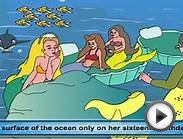
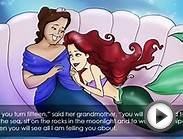
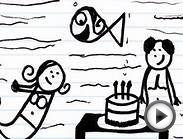
Related posts:
- Twisted fairy Tales Little Mermaid
- Twisted fairy Tales lesson plans
- Twisted fairy Tales ideas
- Twisted fairy Tales value

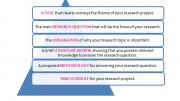



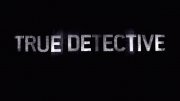
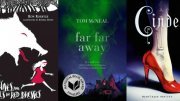
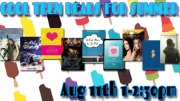
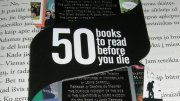















They are fictional - in fairy tales and other stories and poems.